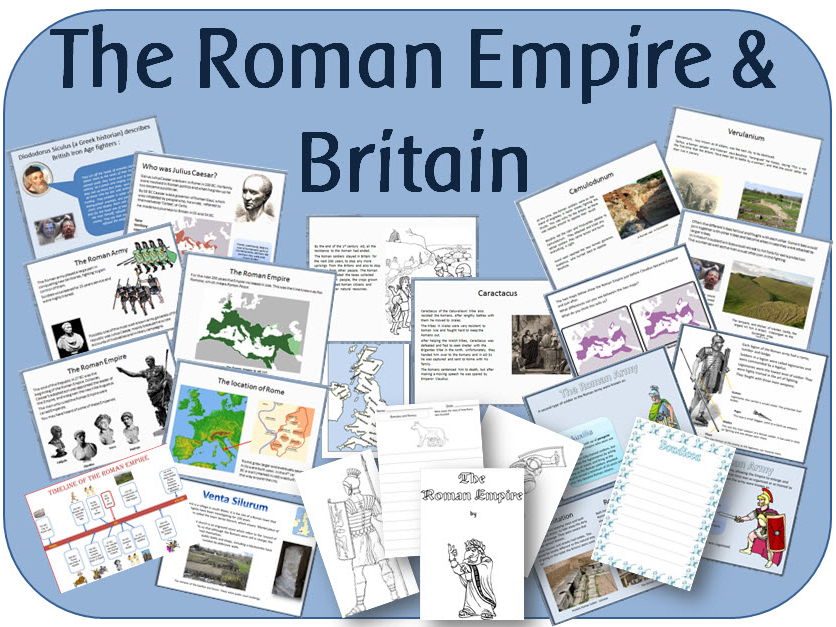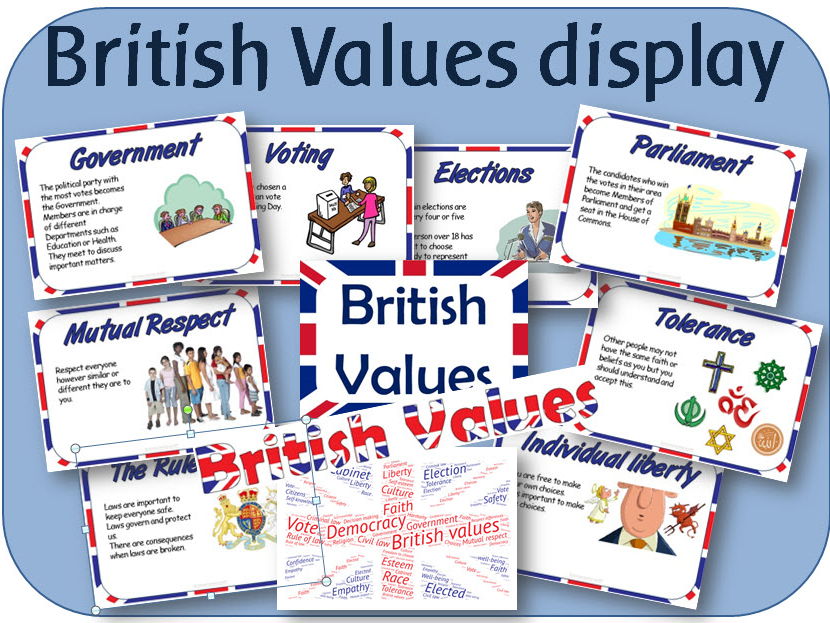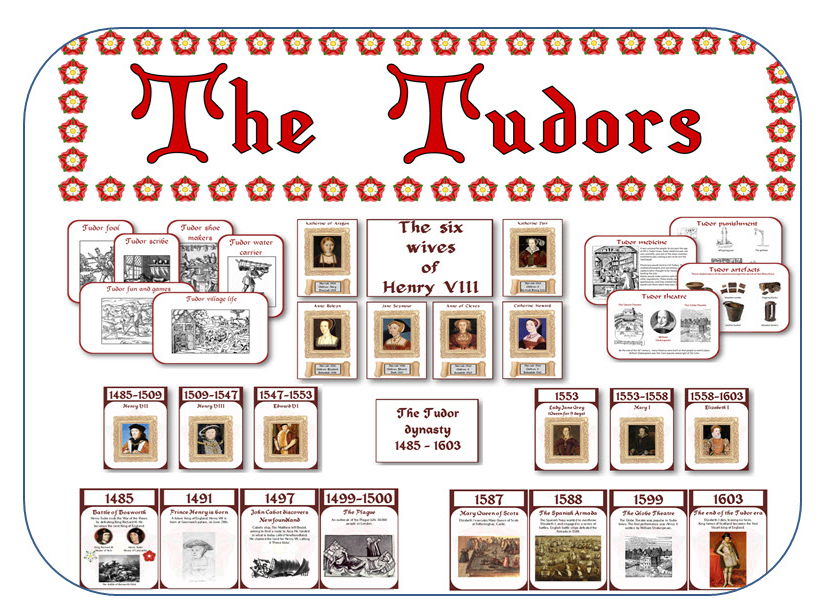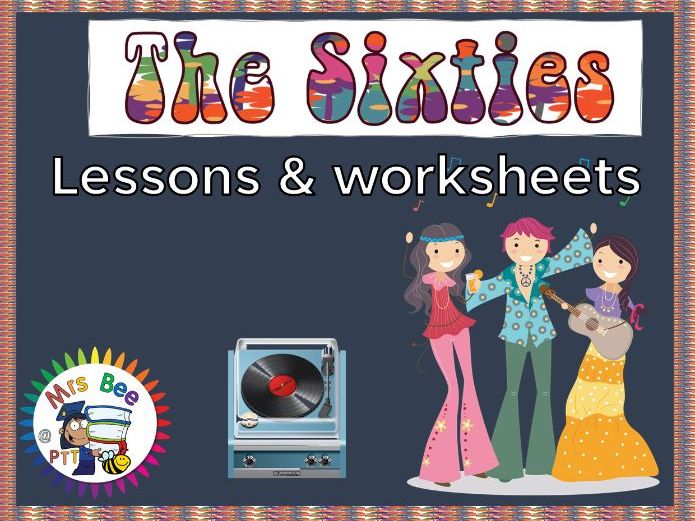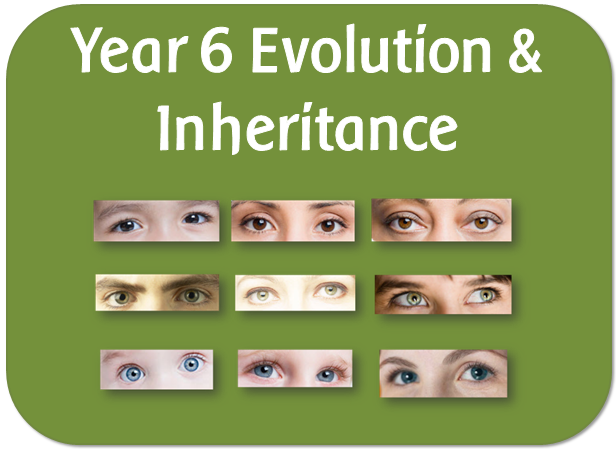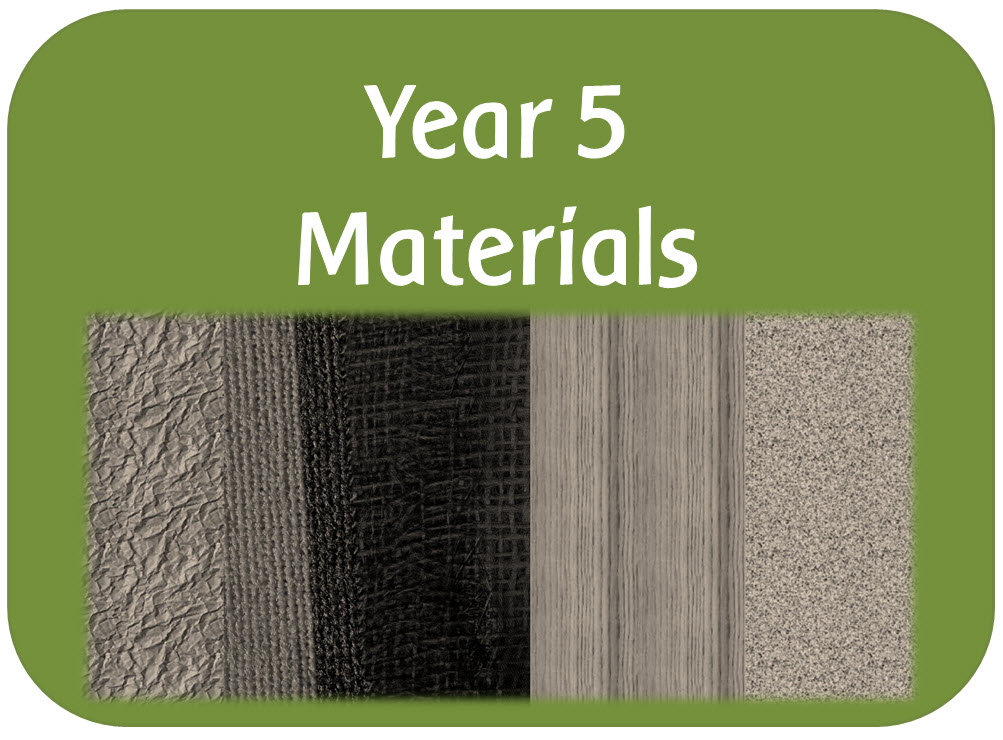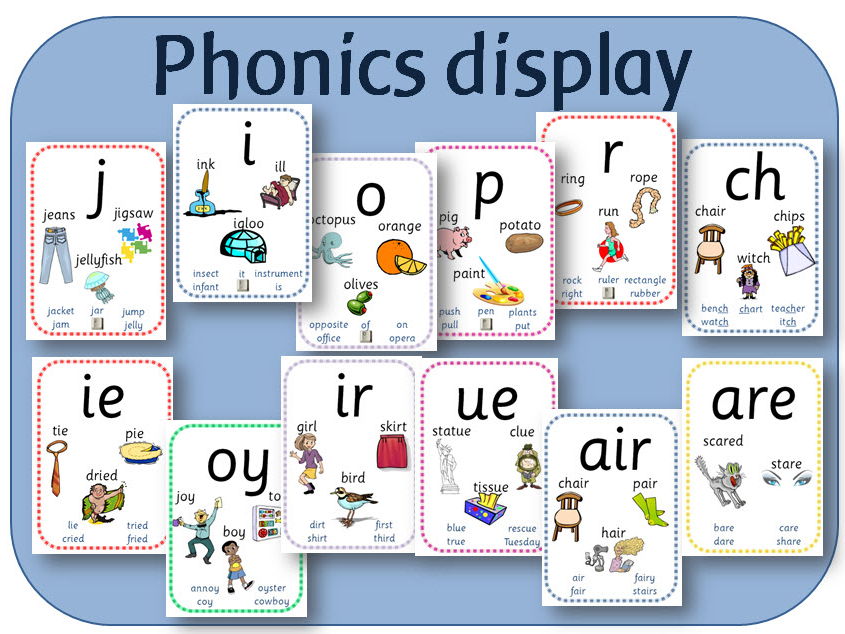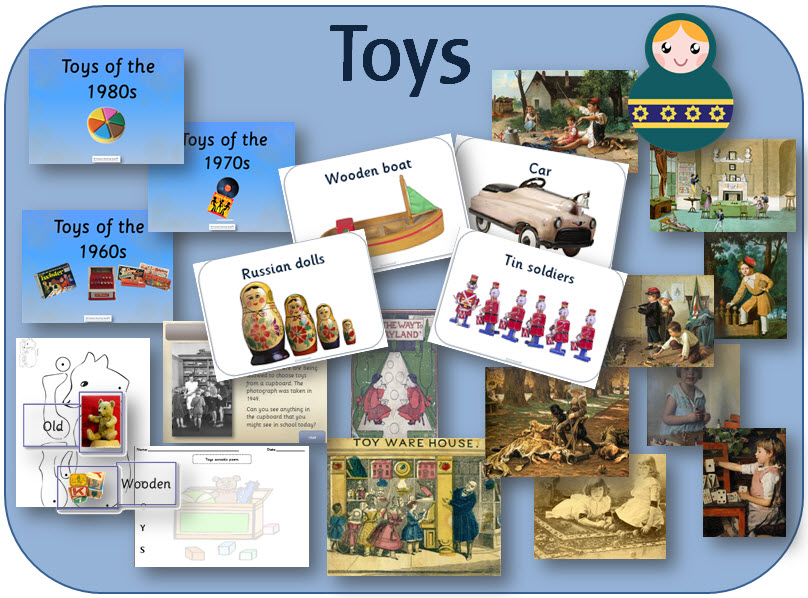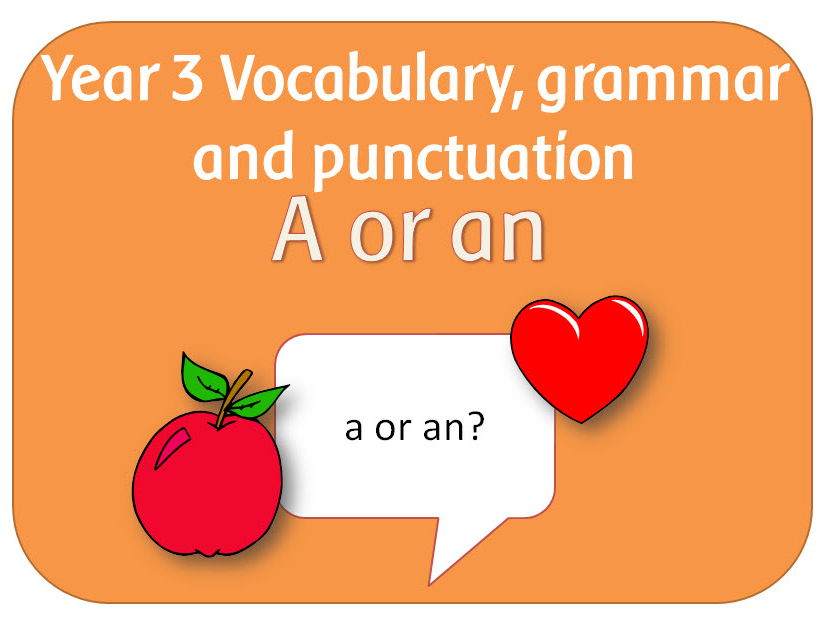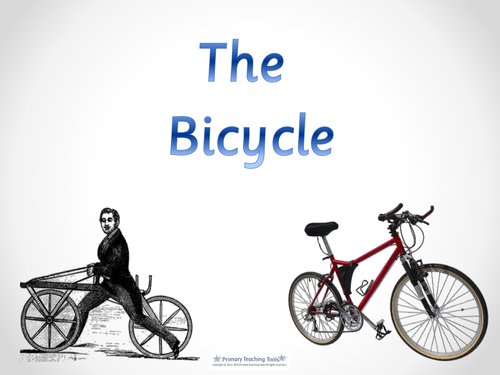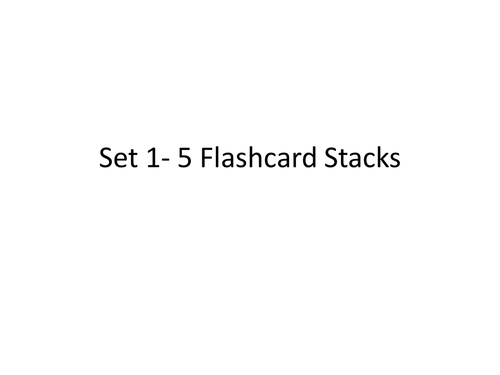
404Uploads
1070k+Views
682k+Downloads

The Stone Age, Bronze Age and Iron Age display pack: Posters headings timelines banners headings
STONE AGE DISPLAY:
A4 title
A-Z lettering in a stone background
The Stone Age banner
Stone Age timeline
Stone Age artefacts
Stone Age border for display boards
BRONZE AGE DISPLAY:
A4 title
A-Z lettering in a bronze background
The Bronze Age banner
Bronze Age timeline
Bronze Age artefacts
Bronze Age border for display boards
IRON AGE DISPLAY:
A4 title
A-Z lettering in a metallic iron background
The Iron Age banner
Iron Age artefacts
Iron Age border for display boards

The Tudors display pack
A set of Tudor display resources to print - posters, titles, banners, and borders.
Headings
Henry VIII Banner: Prints onto 2 A4 sheets, bordered with pictures of his wives.
The Tudors title: 3 versions - black lettering, red lettering, and embedded Tudor Rose lettering
The Tudors A-Z lettering: 2 versions, one with embedded with the Tudor Rose, the other with red lettering.
The Tudors Banner: 2 versions, one with text embedded with the Tudor Rose, the other with red lettering
'The Tudors' lettering to cut out: large lettering, fills 3 A4 pages.
Borders - for display boards
Henry VIII's wives border
Tudor rose border
Posters
The Tudors posters: 12 A4 posters:-
Tudor punishment
Tudor clothes for women
Tudor clothes for men
Tudor world map
Tudor British Isles map
Tudor surgery
Tudor medicine
Tudor houses
Tudor theatre
Tudor explorers (x2)
Tudor artefacts
Tudor woodcuts: 17 Tudor images made for illustrations in printed materials:-
Tudor house building
Tudor fish market
Tudor geographer
Tudor coin makers
Tudor warfare
Tudor fun and games
Tudor shepherds
Tudor hunting lessons
Tudor village life
Tudor beggar
Tudor fool
Tudor printers
Tudor water carrier
Tudor shoe makers
Tudor school punishment
Tudor scribe
Tudor engravers
The Tudor Monarchs: Six posters, each containing a Tudor monarch, with a picture and the dates they reigned, plus an A4 title 'The Tudor dynasty 1485 - 1603'.
The six wives of Henry VIII: Six posters each containing a wife, with the dates they were married, how many children they had, and when and how Henry got rid of them. Also contains a title.
The Tudors timeline: 24 pages of the main events that occurred between 1485 and 1603. The dates are displayed along the top so they can be placed along the wall in a timeline. Each event contains pictures and descriptions.
Tudor coat of arms: The coat of arms of Henry VII, Henry VIII, Mary I, and Elizabeth I.
The Tudor Rose: a large Tudor Rose to print
Activities
The Tudors A4 writing border
Tudor rose - black and white

History of Trains powerpoint
The PowerPoint is 55 pages long. It covers the history of trains from the first vehicle to be pulled on rails over 200 years ago; steam trains; the locomotive; the Rocket; diesel trains, through to the modern electric trains of today.
It is written in the style of a non-fiction book, with a contents page, index and glossary.
It would be suitable for upper KS1 or lower KS2 and can be used in a history topic or as a non-fiction book in English.

The Sixties lessons and worksheets KS2 1960s history topic resources
A set of PowerPoint lessons to teach different aspects of life in the sixties, plus headings and worksheets. It is suitable for teaching children aged 8-11.
It includes:
INTRODUCTION TO THE 1960S - A short introduction explaining what a decade is and how many decades ago the Sixties were. Poses some questions for the children to think about, with a follow up activity.
SIXTIES DAILY LIFE - How people in the 1960s had ‘never had it so good’; Money - Explanation of pounds, shillings and pence with illustrations of the coins and notes; Shopping - how supermarkets started expanding, Green shield stamps, and food eaten in the Sixties; Transport - Expansion of motorways, popular cars, and air transport; Technology - Police call boxes, public telephones, telephones in the home, computers, computer games, the forerunner to the Internet, lasers, calculators. (25 slides)
SIXTIES SCHOOL LIFE - What it was like going to school in the 1960s. (10 slides)
SIXTIES KEY EVENTS - A timeline of events from around the world from 1960 to 1969, with three highlighted events in each year. (11 slides)
SIXTIES HOMES - New housing developments, tower blocks and older houses that needed modernising; How the washing and cleaning was done; Home fashions - kitchens, lounges, ornaments, and furniture; Television, and how it progressed over the decade. (14 slides)
SIXTIES FAMOUS PEOPLE - Neil Armstrong, Yuri Gagarin, Alfred Hitchcock, John F Kennedy, Jacqueline Kennedy, Muhammad Ali/ Cassius Clay, Mary Quant, Francis Chichester, Andy Warhol, and Twiggy. There is a page for each person, with a short description of what they are famous for. (12 slides)
SIXTIES FASHION - How fashioned changed from the beginning to the end of the decade and how it was influenced by music. (17 slides)
SIXTIES MUSIC - How people listened to music in the Sixties - records and record players; radios and Pirate radio stations, introduction of tape players, jukeboxes; Sixties music fans - Mods and Rockers, Skinheads and Hippies; Sixties bands and singers - The Beatles, Elvis Presley, Chubby Checker, Cliff Richard, The Beach Boys, The Rolling Stones, The Kinks, The Monkees, Jimi Hendrix, and the Woodstock Festival. There is a picture and description of each band / singer, and a their most popular hit of the Sixties. (21 slides)
SIXTIES TOYS - Pictures of popular Sixties toys, with short descriptions. (9 slides)
Plus a set of 11 worksheets with follow-up activities.
Some of the PowerPoints contain links to relevant videos though SafeShare T.v., which filters unwanted adverts from the clip. You may need to check that you can access this in school.
The links were checked before uploading, but if they stop working please feel free to contact me or email me: primaryteachingtools@gmail.com and I will update them.
This pack is an updated version of my previous Sixties pack.

The history of flying & the first aeroplane flight PowerPoint lessons and worksheets
A set of PowerPoint presentations plus a medium term plan looking at the history of flight. The PowerPoints are:
The history of flight: Describes the development of flight from the first kites made by the Chinese around 200 BC to the modern types of aircraft today. Includes kites, wings, ornithopter, hot air balloon, hydrogen balloon, airships, helicopters, autogyro, biplanes and monoplanes, flying boat, the jet engine, space shuttles and Concorde. Also looks briefly at the work of: the Montgolfier brothers, George Cayley, Otto Lilienthall, Samuel Pierpont Langley, the Wright brothers and Frank Whittle.
The first balloon flight ~ The Montgolfier brothers: A story of their lives, and how they designed the Montgolfier balloon.
The first aeroplane flight ~ The Wright brothers: A story of their lives and how they designed the first heavier than air powered aircraft.
How to make a paper plane (x2): Step by step instructions on how to make a paper plane, with illustrations.
Printable resources
Maps of the world / Europe/ UK/ North and South America/ South Asia/ Australia/ China/ Russian Federation / Mexico/ Africa
Worksheets(15):
Topic cover
9x sheets with images of different types of inventions for flying
The Montgolfier brothers writing sheets
The Wright brothers writing sheets
Design a hot air balloon x 3
Airship picture
Pictures of the Wright brothers and their planes
3 x A4 titles The history of flight / The Wright brothers / The Montgolfier brothers
A-Z lettering
Large ‘Flight’ letters
Planning document

Tocuaro & Mexico - Powerpoint lessons, worksheets and activities
A set of geography resources looking at where Tocuaro is and what it is like there.
POWERPOINTS
Tocuaro mind map: For the beginning of the topic, to record what the children already know.
Where is Tocuaro?: Shows the location of Tocuaro, in relation to the UK, Europe, and the rest of the world.
What is Tocuaro like?: Photographs of life in and around Tocuaro, for the children to look at to find information.
What is it like to live in Tocuaro?: Photographs of a Mexican family, different types of jobs and activities, food, dining, school, and traditional costumes.
Is life in Mexico similar to life in the UK?: Photographs showing different aspects of life in Tocuaro and Mexico - street scenes; church; market stalls; crafts; houses; children; high street; washing clothes, and cooking.
PRINTABLE RESOURCES (PDF)
How to get to Tocuaro: A world map for the children to draw a route from their home town to Mexico.
What is it like in Tocuaro: Three versions for different abilities - to write down what they think Tocuaro is like.
Similarities and Differences: Worksheet for writing lists of similarities and differences.
Mask template x 3: For the children to design their own mask.

British Values display resources: Headings, posters, lettering word clouds etc for KS1 KS2
A set of resources for a British Values display. It contains:
9 A4 posters with headings, image and explanations. The headings are:
Democracy
The Rule of Law
Individual liberty
Mutual respect
Tolerance
Election
Voting
Parliament
Government
PLUS
British Values word clouds - 2 versions, one in a Union flag design the other in a British Isles design, both containing relevant words for the topic
2 x A4 headings 'British Values'
A-Z Lettering with a union flag background
Banner 'British Values' - prints onto 4 pages
Border strips - union flag images to frame a display
Bunting - in colour and black and white, with Union flag
Flags - of England, Scotland, Ireland, Britain
God Save the Queen - words
Large Union flag

Year 6 Science KS2 Evolution and Inheritance topic pack : powerpoint lessons
A set of powerpoint lessons looking at evolution and inheritance.
POWERPOINTS:
FOSSILS AND CHANGE: What fossils are and how we get information from them
HUMAN VARIATION: Similarities and differences in humans
INHERITANCE AND VARIATION: Variation in offspring - how children are not identical to their parents.
EVOLUTION: simple explanations of how plants and animals adapt to their environment and how this may lead to evolution.
NATURAL SELECTION: survival of the fittest and how the neck of giraffes became longer.
HABITATS AND ADAPTATION: Different types of habitat and the types of life they host.
ACTIVITY:
Families and offspring pictures
Plus an outline adaptable medium term plan with activities and web links

Short history of the United Kingdom powerpoint
A 14 page powerpoint suitable for primary children showing the changes in the four countries of the UK from the Iron Age tribes to today. The presentation explains how Scotland, England, Wales and Ireland got their names, and how Britain and the UK were names.
The pages are headed:
Iron Age Tribes
The Roman Conquest
Anglo-Saxons
The Vikings
The Norman Conquest
The Middle Ages
The Tudors
The Stuarts
Georgian Britain
Victorian Britain and the British Empire
Irish Independence
The Commonwealth
The European Union

World War II / WW II & VE Day display pack
A set of headings, lettering, banners, posters and images for a WW2 / VE Day display:
WW II HEADING: Prints onto 1 A4 sheet, with the title 'World War II’
WW II BANNER X 2: In 2 sizes, one prints onto 3 A4 sheets, the other 4.
WW II A-Z LETTERING: Lower and upper case letters, plus numbers and punctuation to print and cut out.
WW II IN PHOTOGRAPHS: 15 titled photographs, showing images taken during the war -
The Women’s Volunteer Defence Corps
Rescue workers
Bombing at the library
Air raid warden
Ration book
Refreshments for the soldiers
Dunkirk
The Queen visits an Anderson shelter
Aftermath of a Blitz
Homeless
The Women’s land army
Bombings in Merseyside
Hawker Hurricane
Evacuees
Destroyed houses
WW II POSTERS: 10 A4 sheets containing photographs and explanations of different aspects of WW II -
WW II begins - Outlines the start of the war, with pictures of Neville Chamberlain, Adolph Hitler, and Winston Churchill
The Blitz - Explains what the Blitz was.
Blackouts - Curtains, and reasons why
Air raid shelters
Anderson shelters
Gas masks
Evacuation
Rationing
Participants of WW II
VE day
WW II INSTRUCTIONAL IMAGES: A collection of images made during the war to educate people about gas masks, enemy aircraft, air raid precautions, and fire precautions. (4 pages, with 3 or 4 images on each)
VE Day heading
VE day lettering
Union flag border
Small and large union flags

The Titanic - powerpoint lessons, worksheets and activities suitable for KS1 KS2
This is a set of 6 PowerPoint lessons and printable worksheets; suitable for teaching children aged 7-11
PowerPoint lessons:
TITANIC INTRODUCTION
A page for recording what the children already know, and a brief outline of the 1900’s, the Titanic, and her maiden journey.
BUILDING THE TITANIC
Who built and designed the Titanic and where it was built.
ON BOARD THE TITANIC
A 28 page PowerPoint, looking at who was on board - the crew, the different classes of passengers, and what each class was like, and what the Titanic was like inside.
TITANIC’S MAIDEN VOYAGE
A 30 page PowerPoint, telling the story of the Titanic’s fateful maiden voyage. It includes an explanation of how icebergs travel to the Atlantic Ocean, and looks at some survivors and what happened to the victims of the disaster.
TIMELINE OF THE VOYAGE
A detailed step by step report of the events of the Titanic’s maiden voyage.
FINDING THE TITANIC
Looks at how the Titanic was rediscovered in 1985, and what has happened to her since. Includes pictures and artefacts from the wreck.
PDF FILES :
BLANK MAP:
For the children to map out the route the Titanic took
WHAT I ALREADY KNOW ABOUT THE TITANIC:
sheet for the children to record what they already know and what they would like to learn
WRITING SHEET:
For creative writing
NEWSPAPER REPORT:
For report writing
SEQUENCING:
Images for sequencing the story

Year 5 science Properties and changes of materials - powerpoints, worksheets and planning
A set of resources for the new science curriculum. It contains:
1a. INTRODUCTION TO THE TOPIC - LO: To find out what the children already know about materials.
WORKSHEET: A sheet for the children to record what they already know and what they would like to find out about materials.
1b. MATERIAL PROPERTIES - LO: To compare and group everyday materials together
POWERPOINT: A look at 12 different properties of materials, with examples of the materials with those properties. It can also be printed out for display.
WORKSHEET 1: Material properties worksheet
2. DISSOLVING - LO: To know that some materials will dissolve in liquid to form a solution, and describe how to recover a substance from a solution
POWERPOINT: Explains the meaning of dissolve and gives examples of different materials that can be dissolved.
3. SEPARATING A MIXTURE - LO: To use knowledge of solids, liquids and gases to decide how mixtures might be separated.
POWERPOINT: Looks at different mixtures and how they can be separated, including sieving, filtering and evaporating.
4. USES OF EVERYDAY MATERIALS - LO: give reasons, based on evidence from comparative and fair tests, for the particular uses of everyday materials
POWERPOINT: Asks the children to study objects to see what properties different materials have. Asks questions about which properties and materials would be best for making certain objects.
5 & 6. REVERSIBLE AND IRREVERSIBLE OBJECTS - LO: look at dissolving, mixing and changes of state, and reversible and irreversible changes.
POWERPOINT: Explains the meaning of reversible and irreversible changes, giving examples of each. Ends with a quiz where the children have to decide what changes have taken place to certain materials.
7. MATERIALS QUIZ: Recap of all the learning objectives.
POWERPOINT : A quiz
WORKSHEET : Sheet for recording quiz answers
WORKSHEET : Sheet for recording what they have learnt
OTHER RESOURCES
A-Z lettering, with a picture background
A4 Properties and changes of materials title
Materials banner/lettering to cut out
Materials topic booklet front cover - with space for children to draw their own design.
Vocabulary PowerPoint - can be used as a show and printed out for display.
Photo cards - 12 objects made from different materials
Investigation and recording sheets - A folder of blank tables, graphs and planning and recording sheets
Year 5 Materials medium term planning: An outline of the activities and learning objectives with websites and ideas. It can be added to and amended for your own use.

The Viking & Anglo-Saxon struggle for the Kingdom of England:powerpoints, worksheets, activities
A series of PowerPoint lessons, worksheets and activities to teach how the Vikings and Anglo-Saxons fought for the Kingdom of England up to the time of Edward the Confessor.
POWERPOINTS:
1) ANGLO-SAXON ENGLAND AD 780
Life in in England before the main arrival of the Vikings towards the end of the 8th century / How the Anglo-Saxons lived / How the towns were structured / The importance of the monks.
2) VIKING RAIDS AND INVASIONS AD 797 - 783
Timeline / Introduces the Anglo-Saxon Chronicle as evidence / The first known attack on Britain by the Vikings / The second attack on Lindisfarne/Holy Island / Viking longships / Viking warriors and equipment / Beginning of Viking settlement in England
3) THE VIKINGS SETTLE & ALFRED FIGHTS BACK AD 866 - 927
Viking invasions and settlement / The Heathen Army / York / King Alfred / Guthrum / Danelaw / Alfred the Great and his fight against the Vikings / Edward the Elder / Athelstan / The Battle of Brunanburh
4) VIKING DAILY LIFE
Family life / Clothing / Homes / Daily life / Viking law / Music / Food / Sport / Arts and crafts / Viking beliefs, Asgard and gods, days of the week named after Viking gods / Viking burials
5) ATHELSTAN, ETHELRED AND ANGLO-SAXON LAWS AD 927 - AD 991
Athelstan and government of England / The Witan / Hundreds / Moots / Reeves / Laws / / Punishments / Wergild / Ethelread the Unready
6) THE RETURN AND END OF THE VIKINGS AD 991 - 1066
Further Viking raids / St. Brice's Day massacre / Sweyn Forkbeard / King Canute / Edward the Confessor / Harold Godwinson / William the Conqueror / The Battle of Hastings / The end of the Viking era
7) LOOKING AT EVIDENCE
Place names / Viking sagas / Anglo-Saxon Chronicles / Surnames and DNA / The Bayeux Tapestry / Archaeology / Treasure discoveries / Runestones
RESOURCES TO PRINT (pdf): Most sheets are open-ended worksheets, with an image and lines for research, reports etc.
What I already know about the Anglo-Saxons and Vikings
What I would like to find out about the Vikings
The arrival of the Vikings
The Vikings attack the monasteries
Danelaw
King Alfred the Great
The Heathen Army
The Treaty of Wedmore
Viking daily life
Anglo-Saxon laws
Athelstan
Ethelred the Unready
Battle of Hastings
Battle of Stanford Bridge
Death of King Harold
Edward the Confessor
King Harold
The Vikings return
Bayeux Tapestry
Viking place names
Viking runes
Topic covers x 3
Viking ships
Viking warriors
Writing border - Edward the Confessor
Writing border - Viking ship
Plus a copy of the Anglo-Saxon Chronicle (in Word)
Vikings & Anglo-Saxons medium term adaptable plan, with web links.

Phonics flashcards
A set of 76 phonics display/flashcards to use in KS1.
There are 2 A5 cards on a page. Each card contains pictures and a list of words including the relevant common exception words for Year 1.
The first set contains the letters of the alphabet.
The second set contains the consonant digraphs and vowel digraphs and trigraphs in the Y1 Spelling appendix.
The third set contains extra graphemes identified in the Letters and Sounds phonics programme.

Toys KS1 topic resources - powerpoints, activity and display pack
A set of powerpoints showing photographs of the most popular toys of the pre-50s, 50s, 60s, 70s, 80s, 90s and modern toys; an introduction to the history of toys - going back to dolls in Ancient Greece to computers today; a look at portraits of children from the past playing with toys; a sorting toy activity into old and new, and an old poem about the wonders of a toy shop.
There are also 4 maths powerpoints looking at addition and subtraction in the toy shop, with cards to print for games.
The activities include:
An acrostic poem template
Animal cut-out templates to join together to make a moving toy
Colouring sheets
Pictures of new/old teddy
Puppets for role play
Russian doll set to print and laminate for size ordering
6 x Santa lists to use around Christmas
A thaumatrope template with instructions
3 x cover templates for a topic book
Toy sorting cards - to sort into different materials/ properties.
Toys from the past questionnaire to take home to fill in with parents.
A copy of an old book 'What shall we do next' from 1907 full of games and activities that children played
The Wonderful Toymaker fairy tale to read
An outline planning document with cross curricular links that can be adapted.
DISPLAY
Old toys display - photographs
Children's portraits playing with toys
Toys banner
Toys heading
Toys in the past heading
Toys timeline

Mountains display pack
This resource contains headings, vocabulary and posters, all in pdf format on CD to print out for a Mountains display
MOUNTAINS LETTERING - This lettering is to cut out for display. 'MOUNTAINS' / 'THE MOUNTAIN ENVIRONMENT' is written out, which can either be printed as a banner, or cut out for display. There are also all upper and lower case letters and numbers included so that you can print out whatever you need to personalise your display.
THE MOUNTAIN ENVIRONMENT A4 HEADER - to print.
MOUNTAINS VOCABULARY DISPLAY - With headings and photographs (2 per A4 sheet - Includes blizzard, avalanche, snowdrift, snow, hail stones, snow flake, alpine glow, flood, peak, mountain range, base station, mountain tourism, ski run, litter, mountain, hill, flora and fauna.)
MOUNTAINS POSTERS - 15 A4 sheets, with explanations and descriptions:
What is a mountain?
Plate tectonics (x2)
Fold mountains
Fault-block mountains
Volcanic mountains
Dome mountains
Plateau mountains
Mountain climates
Mountain temperatures
Mountain weather
Mountain rainfall
Mountain ranges - map
Seven Summits - map
UK mountains - map

Transport topic - George Stephenson and the history of trains - powerpoints and activities
Two powerpoints looking at how and why trains developed over time, and the Father of the Railways, George Stephenson, plus 3 worksheets.
George Stephenson and locomotives: Looks at James Watt and his steam engine design; Richard Trevithick and his steam engine improvements, and the life of George Stephenson, and how he became known as the 'Father of the Railways'. Tells the story of the first steam locomotives; the Rainhill Trials; the Liverpool and Manchester Railway; and new steam locomotive designs up to 1941. Also briefly and simply explains how steam engines work.
Trains now and then: Shows different parts of a steam locomotive, and looks at pictures of different locomotives, and how they developed from George Stephenson's Rocket, to the modern bullet trains of today.
Steam train worksheets: 3 different worksheets, showing a picture of a steam train to label and caption.
The Rocket worksheet: To compare modern trains with old steam locomotives.
Steam train template: An outline of a steam train, to use for colouring, collage, paint etc.

SPaG Year 3 Grammar: Use of the forms a or an
A powerpoint explaining when to use a and when to use an, with an interactive activity for the children to choose the correct form.

